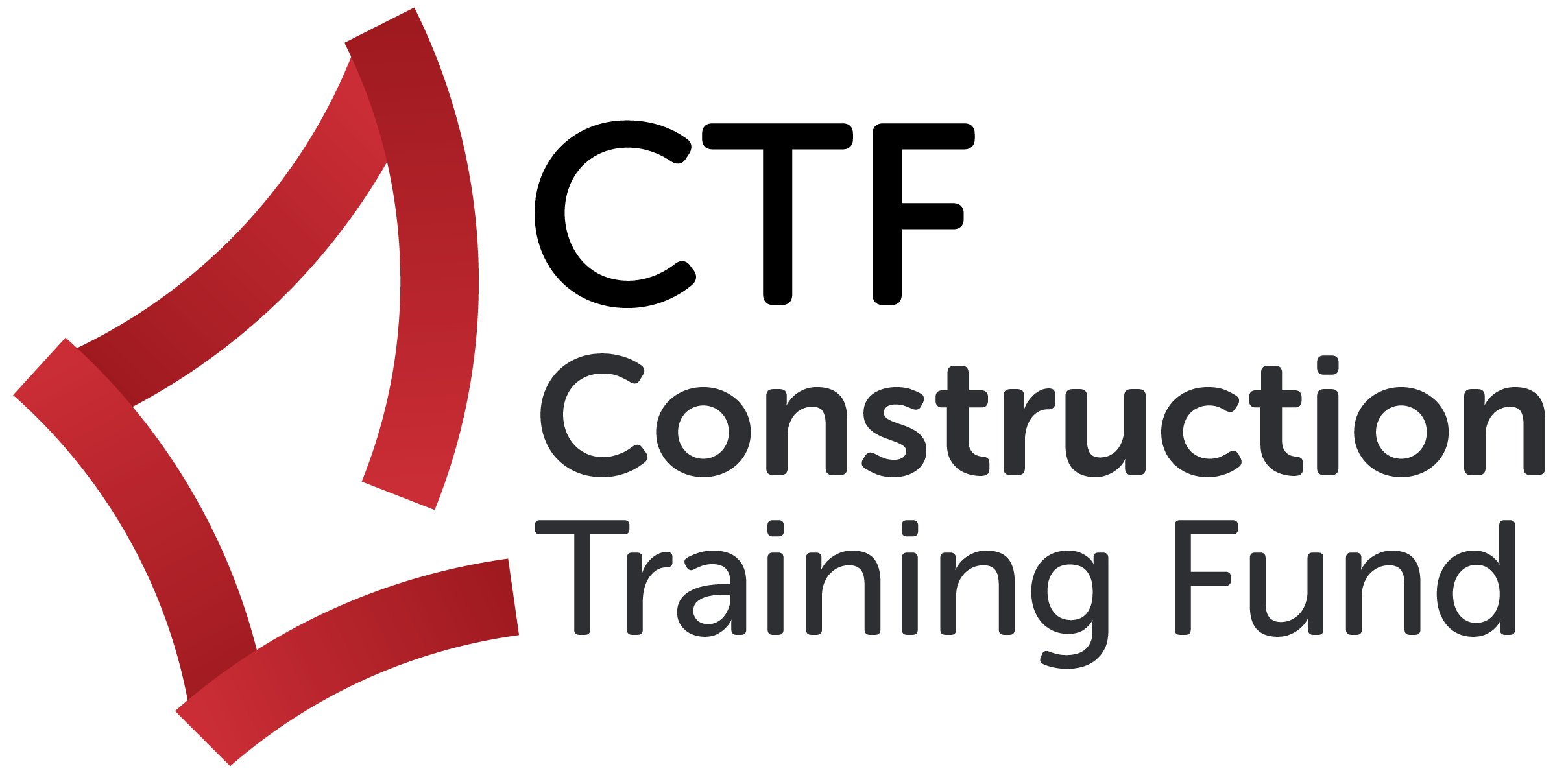Table of Contents
- What does the Construction Training Fund do?
- The CTF Levy
- Determining the value of construction work
- The meaning of construction work
- Work excluded from levy
- Building and construction work in WA's resources sector
- Final construction value - adjustment of levy paid
- Refund of levy payment
- Transfer of building permit
- How to pay the CTF levy
- Penalties for not paying the levy
- Apply to pay the levy by instalments
- Eligibility for CTF Grants and Subsidies
- Grants for Employers of apprentices and trainees
- Upskilling and Short Course Funding
- Courses eligible for funding
- Online training
- Who can deliver a CTF-recognised training course?
- RTOs and course approval
- Verification of competency
- Funding for Construction Skills, Industry Skills, Software Skills and OH&S
- Funding for Occupational Licensing and Higher Qualifications
- How to claim the Upskilling and Short Course Study
- Funding information for RTOs
- Accountability requirements
- Additional benefits
- Accommodation Allowance
- Table of employer grants
- Frequently asked questions
Contact us
For further information, please contact us:
- For general queries: info@ctf.wa.gov.au
- For levy-related queries: levycompliance@ctf.wa.gov.au
- (08) 9244 0100
- www.ctf.wa.gov.au
Last modified on:

